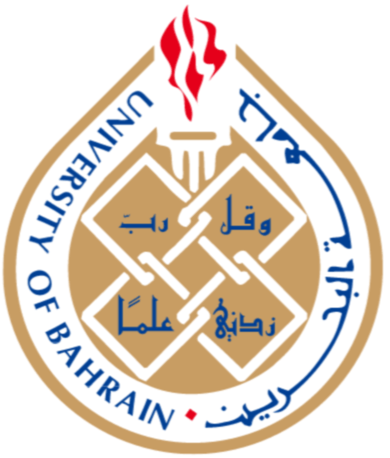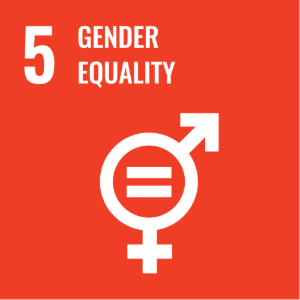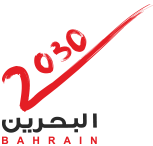Operations and Institutional Arrangement
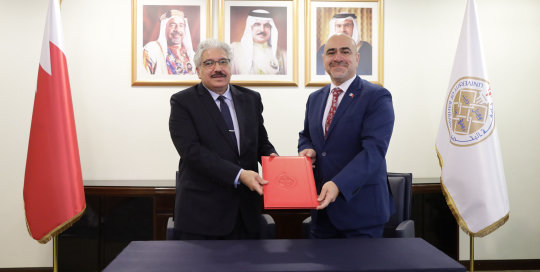
University of Bahrain Strengthens Gender-Inclusive Academic Collaboration with the Royal University for Women
The University of Bahrain and the Royal University for Women signed a cooperation agreement aimed at deepening academic collaboration and enhancing the exchange of expertise between the two institutions.
The agreement provides a framework for sharing faculty expertise through part-time teaching arrangements, coordinating academic schedules to ensure the continuity of teaching across both universities. It also promotes cooperation in program assessment, professional training, and joint workshops designed to advance faculty and staff development in alignment with the universities’ shared commitment to academic excellence.
Beyond teaching and research, the collaboration extends to the exchange of external examiners, hosting of conferences, and organization of joint student activities that nurture creativity, cultural engagement, and leadership skills. By building bridges between Bahrain’s national university and the leading women’s university, this partnership reinforces the values of inclusivity, collaboration, and mutual advancement within higher education.
Relevant SDG 5 Targets and Indicators (Cultural Engagement & Equal Representation):
Women’s application in underrepresented subjects:
Strengthens access pathways for women through cooperation with the Royal University for Women, supporting their participation in diverse academic disciplines.
Proportion of senior female academics:
Enhances opportunities for female faculty development and cross-institutional teaching, contributing to higher representation of women in academic leadership.
Policy of non-discrimination against women:
Reflects institutional policies promoting equal opportunities in teaching, research, and training between male and female academics.
Women’s mentoring schemes:
Supports mentorship and professional development for academic staff through joint training and workshops.
Advancing Gender Equality and Women’s Empowerment
The University of Bahrain maintains its leadership in promoting gender inclusion and empowerment across higher education. Institutional policies, gender-balanced representation, and targeted development initiatives reinforce the University’s commitment to equitable access, leadership advancement, and an inclusive academic environment.
Leadership and Recognition
The University actively supports women’s professional growth through leadership initiatives such as “She Leads”, mentorship programs, and public engagement events. Recognition of women’s achievements, including the Best Female Artist Award at the GCC University Theatre Festival and the International Women’s Day Seminar, reinforces the University’s inclusive culture and commitment to empowering women in all fields.
Institutional Policies
UoB enforces comprehensive non-discrimination, maternity, and reporting protection policies to ensure a safe and supportive campus environment. These measures are complemented by mentoring and development programs aimed at enhancing career progression for women in academia and administration.
Representation and Access
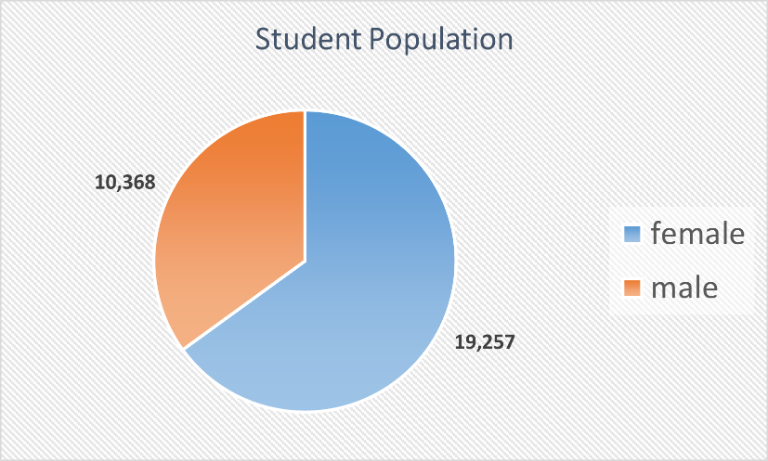
Women comprise 65% of the total student population (19,257 female to 10,368 male), demonstrating strong female participation across disciplines, including STEM and business.
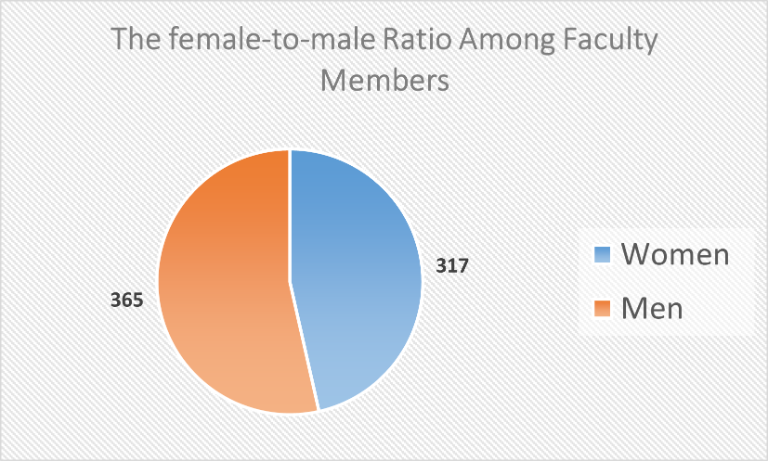
Among faculty members, the female-to-male ratio stands at 87:100 (317 women to 365 men), reflecting a near-balanced academic workforce.
